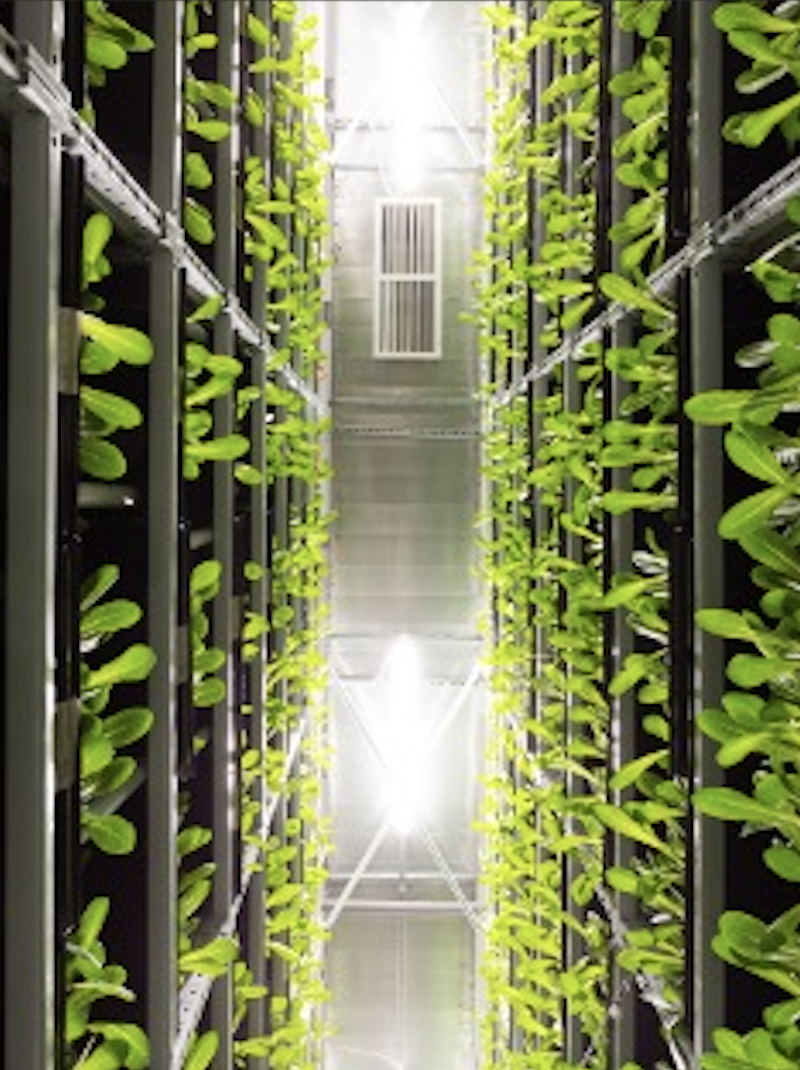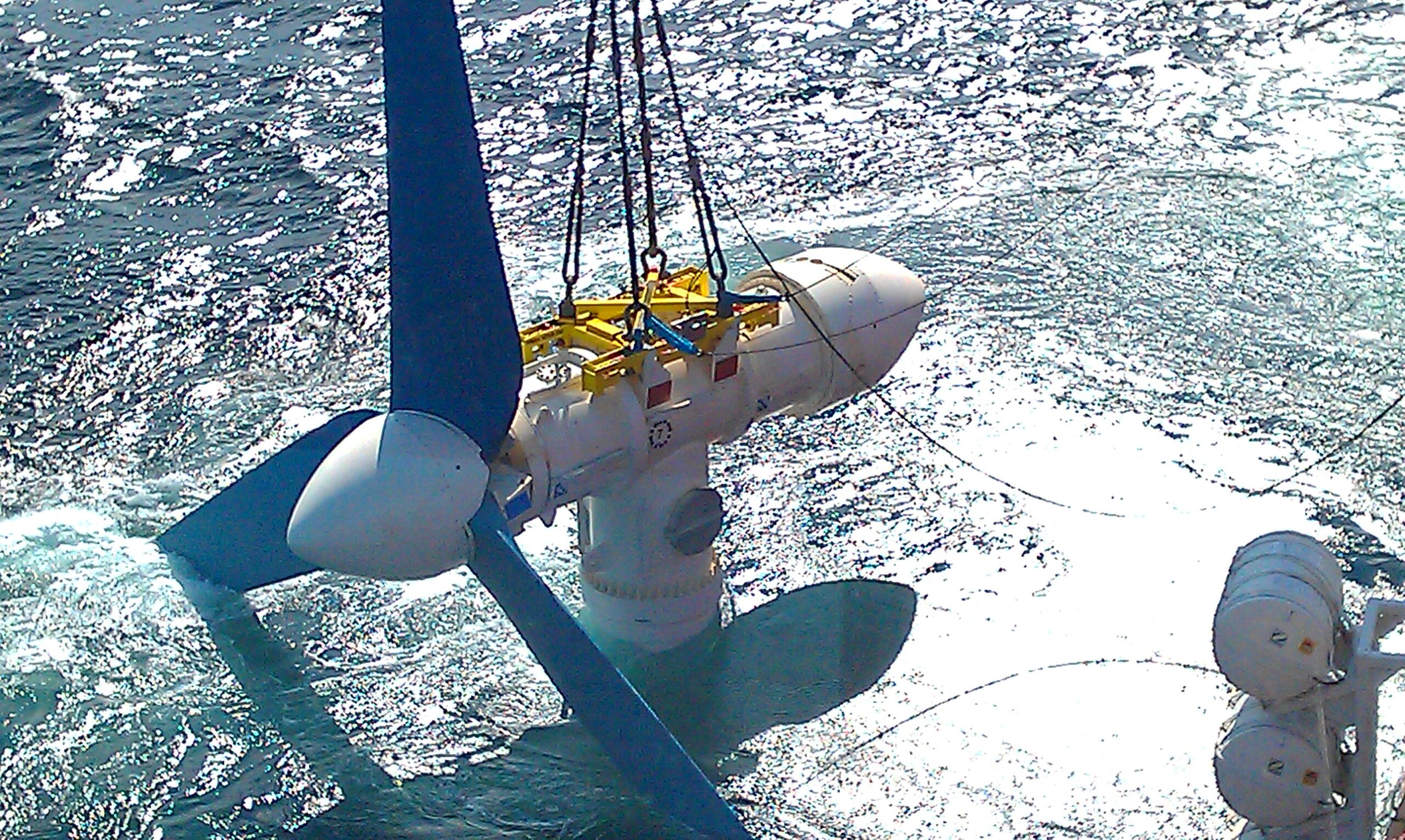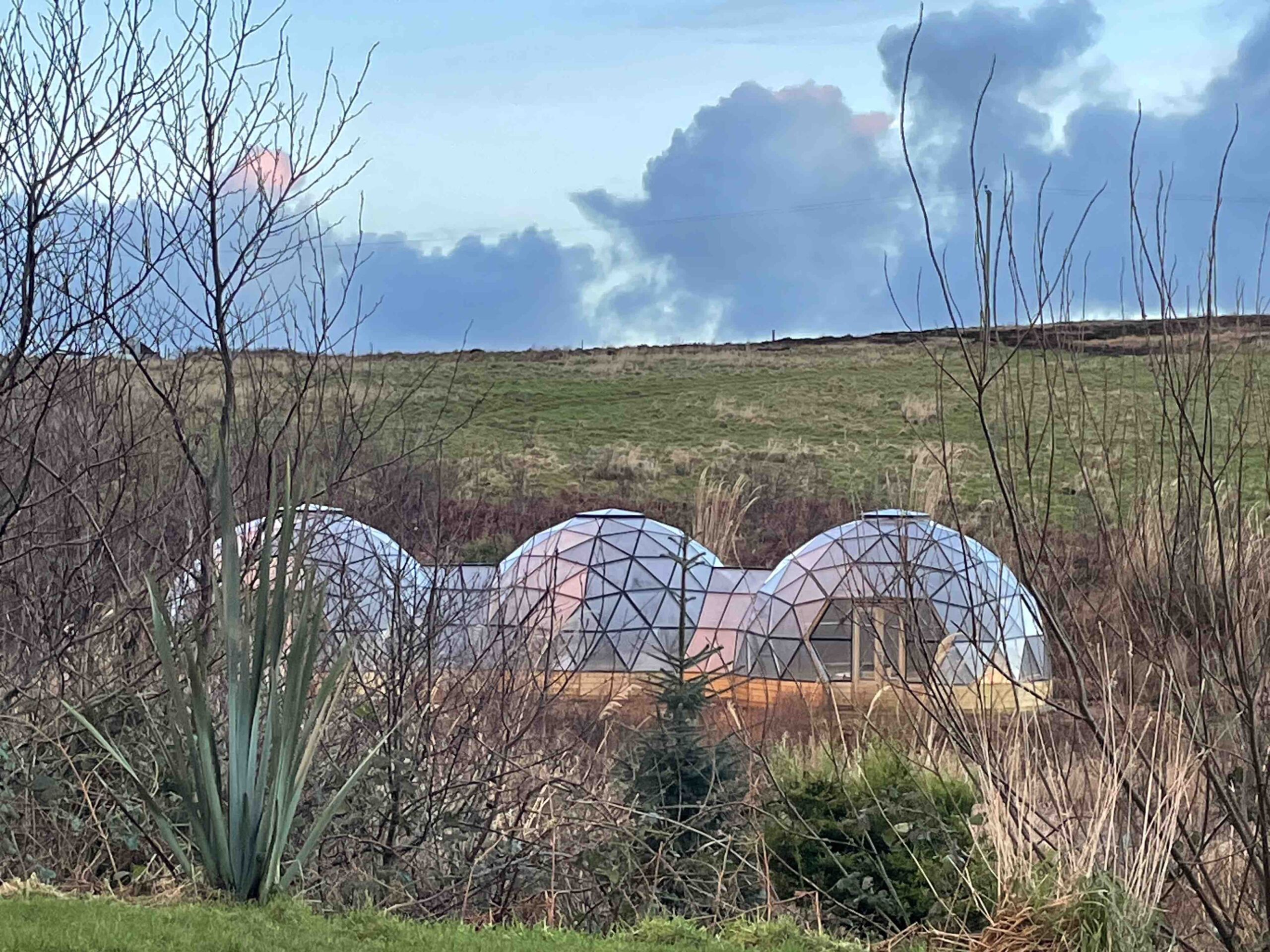Ripe For Data
A suitable application is a computer data centre. Time was when data centres were located in major cities where they could be easily accessed, tended and problems fixed. Today remote control of servers means that only a few people are needed on site while the majority of the software work can be done from customers offices or by staff working from home. A location like Orkney has benefits in that it’s secure and land is cheap. In a city centre it’s expensive to store unused spare equipment in anticipation of need.
The council and inhabitants of Orkney are keen on developing new uses for power on the islands and to encourage the growth of skilled jobs. Planning permission is easy to obtain.


Curtailed Power
Zero Host only uses power that is not fed into the National Grid. Not only does Zero Host use 100 % renewable power it doesn’t use that green power when there is any other demand for it. Instead, Zero host uses power that was generated at times of curtailment and which is held in Flow Cell batteries. Zero Host is based at EMEC, the European Marine Energy Centre. This is a research establishment which investigates tidal, wind and wave energy.
A Greener Future
Zero Host is not content with just ensuring that it’s power consumption is the greenest possible. There are future plans to grow the business by growing crops. A data centre produces a huge amount of heat. Orkney has a stable climate. Thanks to the costal location it rarely gets below freezing and at the height of summer temperatures stay below 20° C. This reduces the need for cooling which is one of the major reasons that the world’s data centres account for two percent of the global carbon footprint. But Zero Host has more ambitious plans.
The company is looking at cycling the waste heat into greenhouses. given the high winds in Orkney these will be re-enforced geodesic domes. Crops grown on site will lead to the company becoming the first data centre in the world to be carbon negative. With an eye to reducing the carbon impact of transporting the crops Zero Host will look to grow foodstuffs that can be sold locally.
As the business expands Zero Host will look to reduce the impact of the infrastructure it buys and wherever possible will source recycled data centre equipment, much of which is currently scrapped for its metal value.

